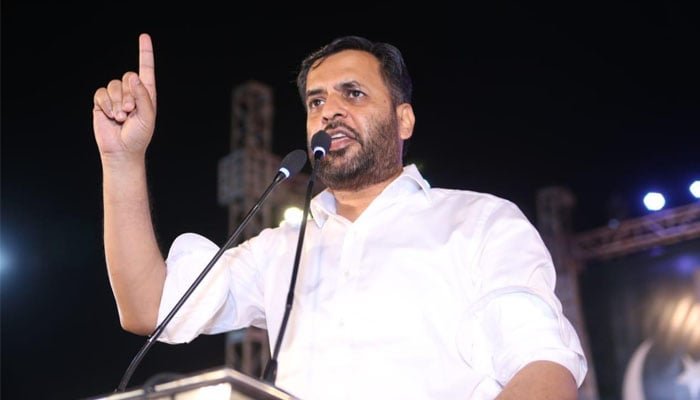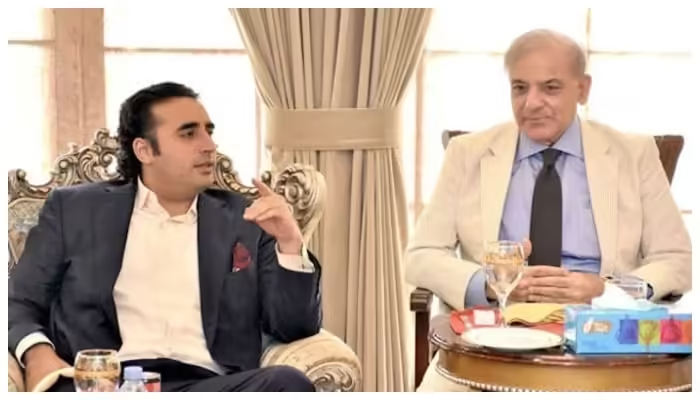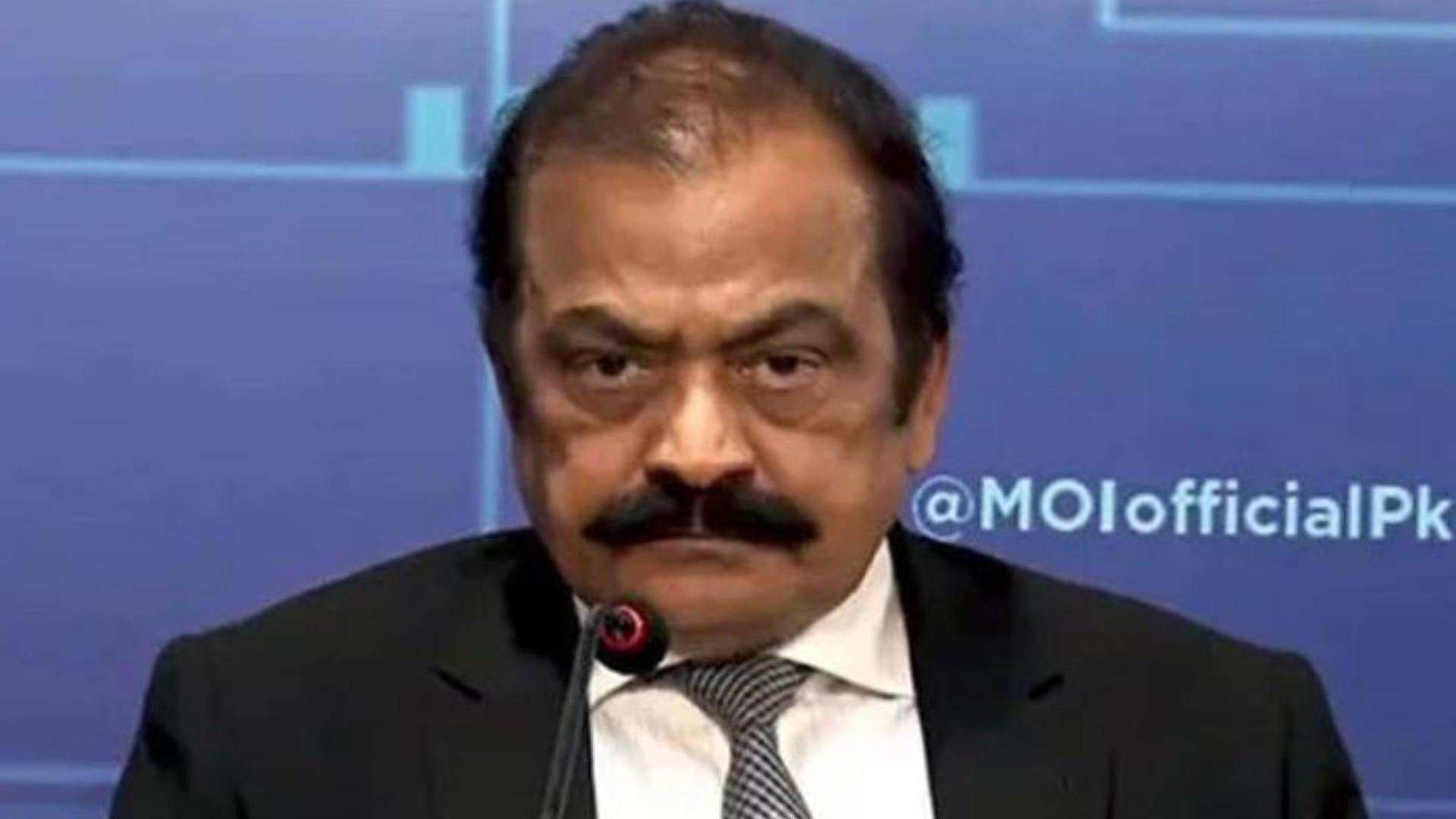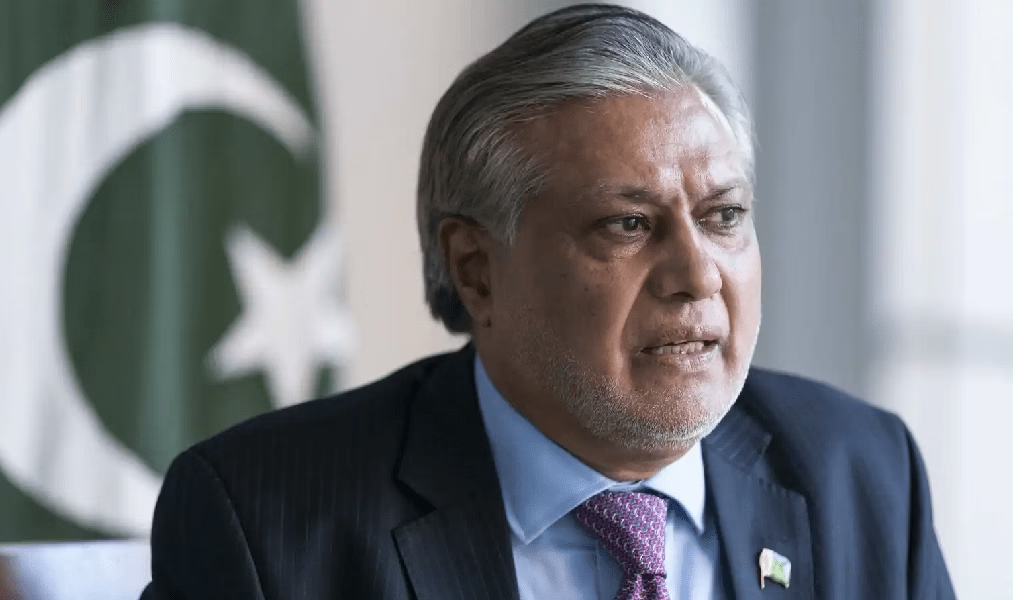In a recent development in Karachi, Mustafa Kamal, the Senior Deputy Convener of the Muttahida Qaumi Movement (MQM) Pakistan, has pointed fingers at Dr. Asim, accusing him of being responsible for the killing of a United worker in Nazimabad. Speaking to the media in Karachi, Kamal stated that the entire incident, where Ahmed Faraz was shot by alleged PPP terrorists, was orchestrated on the orders of Dr. Asim.
According to Kamal, the victim, Faraz, was targeted with gunfire while burning vehicles in response to Dr. Asim’s directives. Kamal claims that the video footage clearly shows individuals firing shots while receiving instructions via mobile phones. He asserts that Dr. Asim is directly implicated in this act of violence.
Mustafa Kamal took the opportunity to criticize the PPP, alleging that the party has already established control over Sindh and is working towards undermining the integrity of Pakistan from within. He recounted incidents where MQM workers were killed in different parts of Sindh, blaming PPP activists for the violence. Kamal highlighted the significance of recent events, emphasizing that MQM members were not instigating violence but responding to attacks on their party.
Kamal further claimed that Dr. Asim has been assigned the task of taking control of the city, aligning with foreign agencies to resurrect the PPP flag in Karachi. He stated that MQM has fought against such influences in the city before and accused Dr. Asim of being part of a larger plan to destabilize the region.
Contrary to accusations against MQM workers, Kamal insisted that they did not initiate aggression but responded defensively. He mentioned that the recent incident was not isolated, citing multiple similar events in the past three months where MQM workers were allegedly targeted by PPP activists.
In conclusion, the unfolding political tensions in Karachi underscore the deep-seated rivalries between political factions. Mustafa Kamal’s accusations against Dr. Asim reveal a complex narrative of power struggles, external influences, and the constant threat of violence that continues to impact the political landscape in the city. As the situation unfolds, it raises questions about the stability and security of Karachi, one of Pakistan’s largest and most influential cities.



